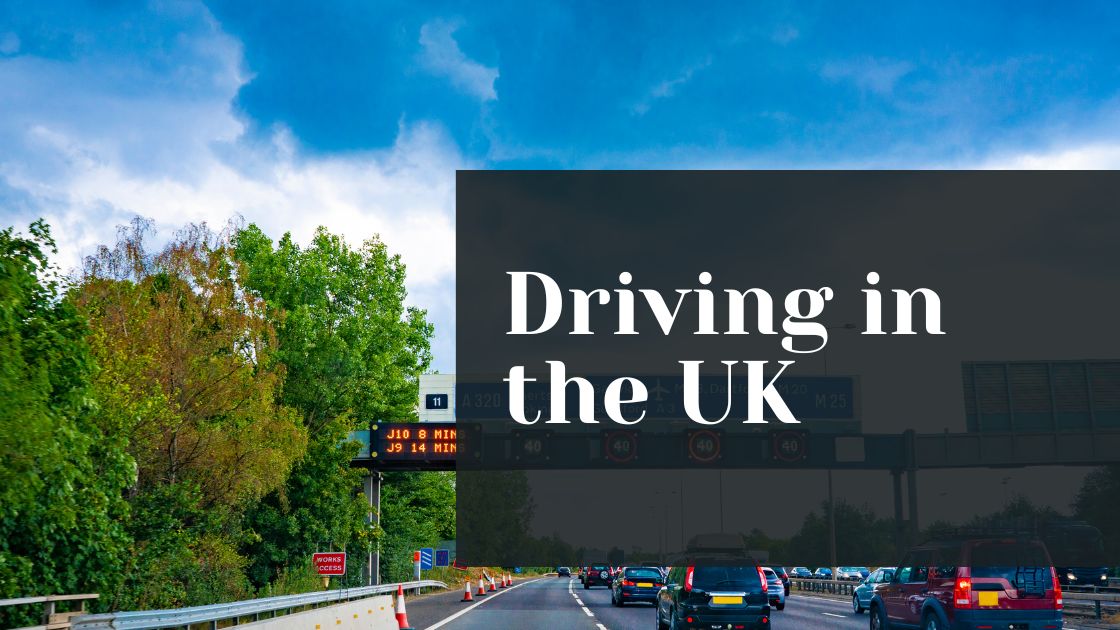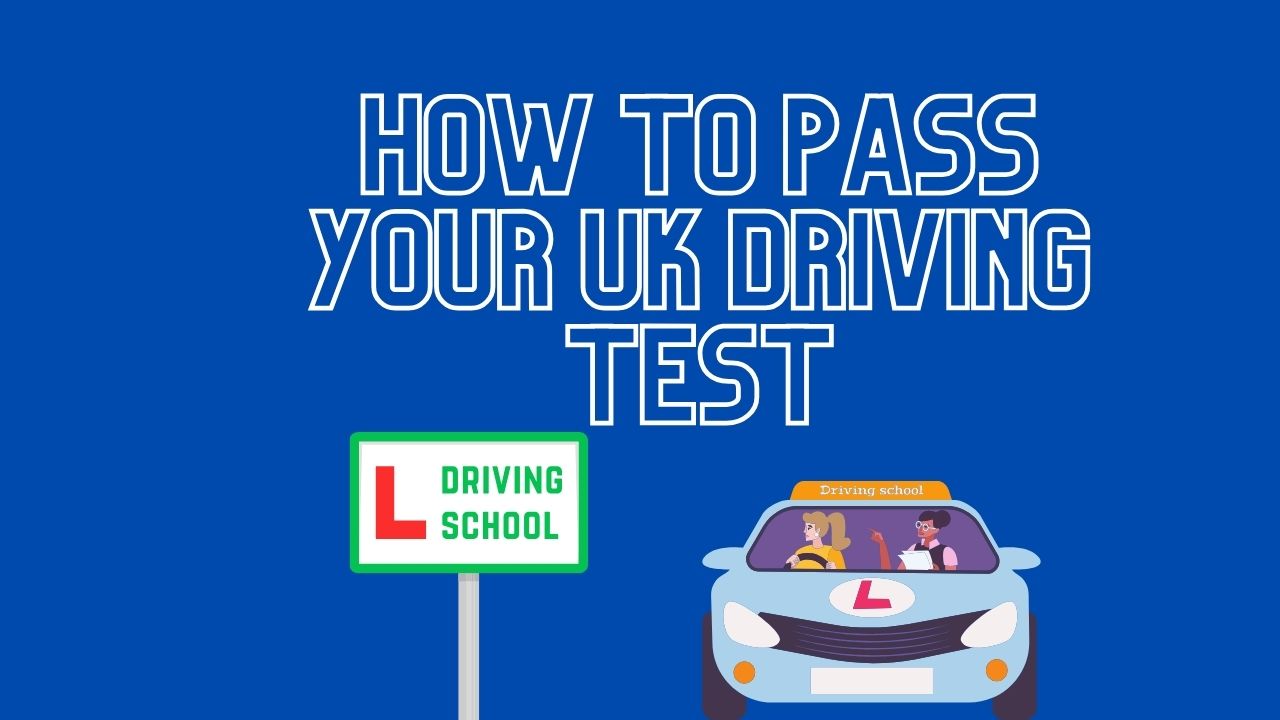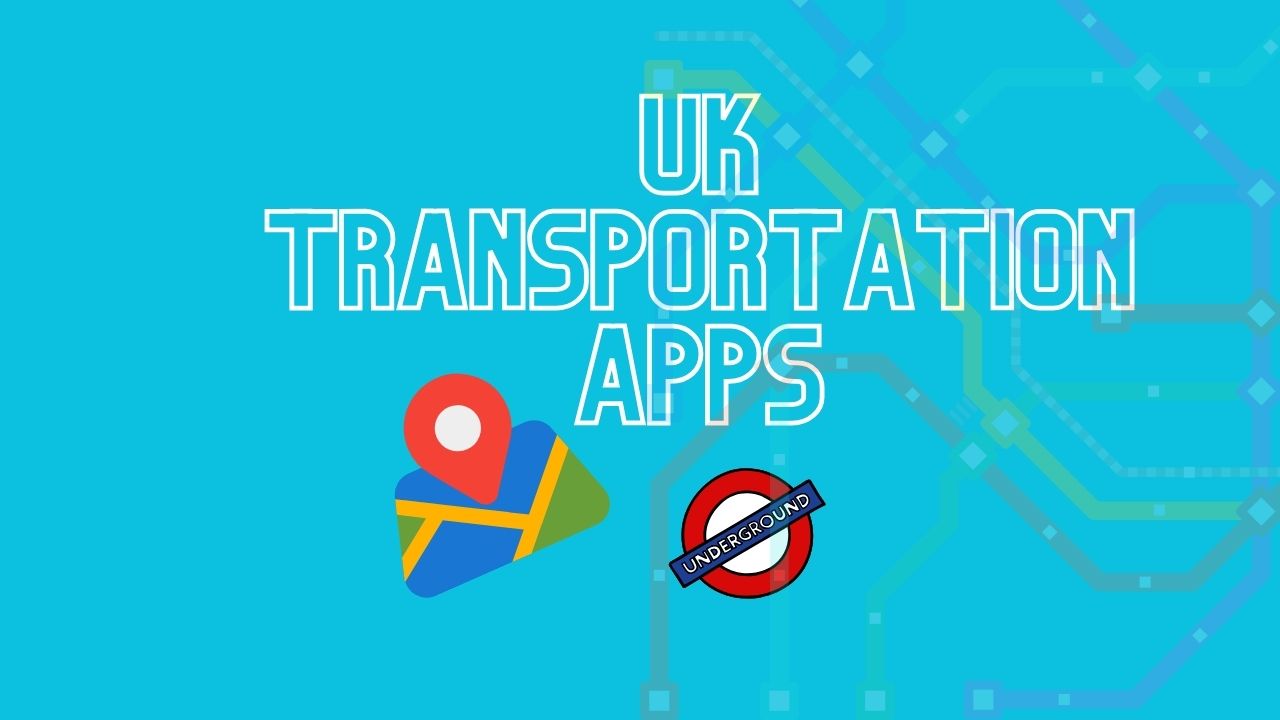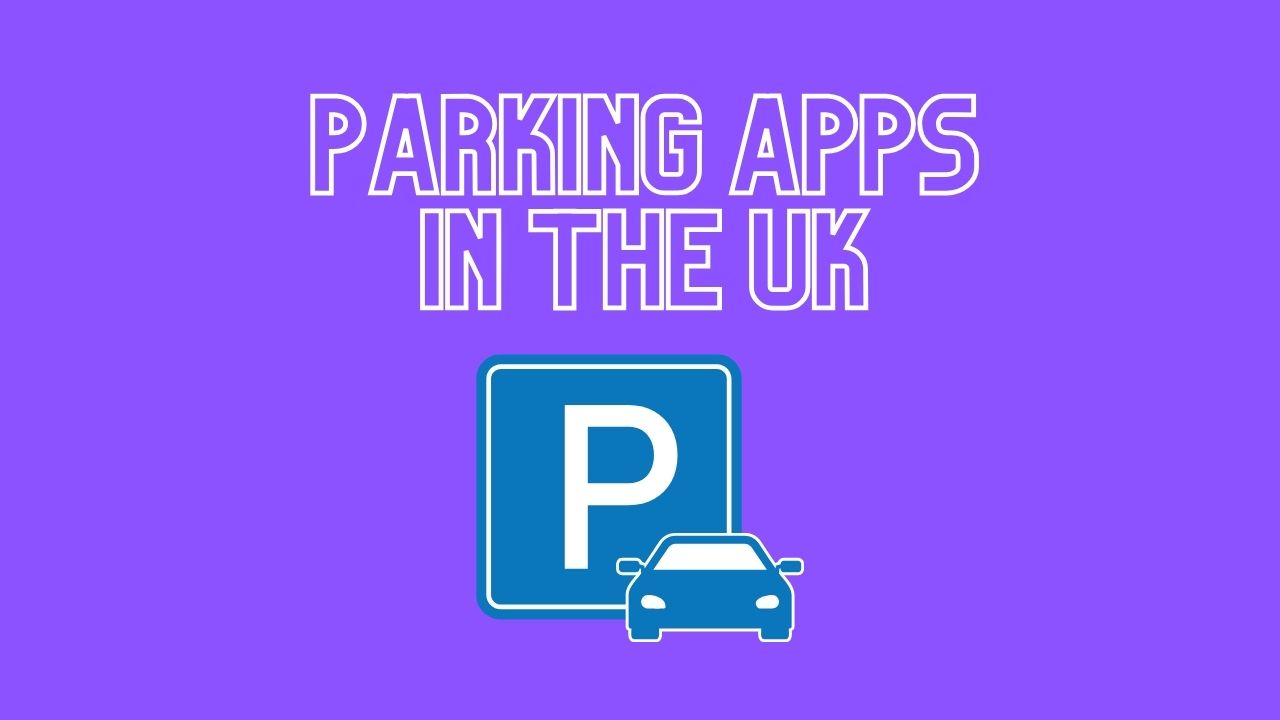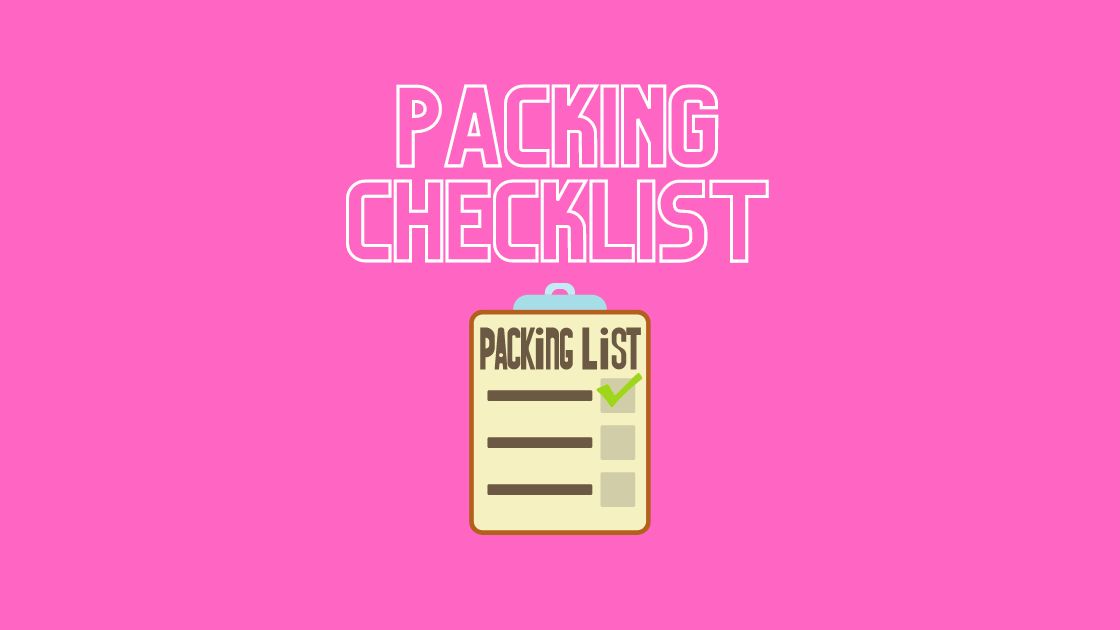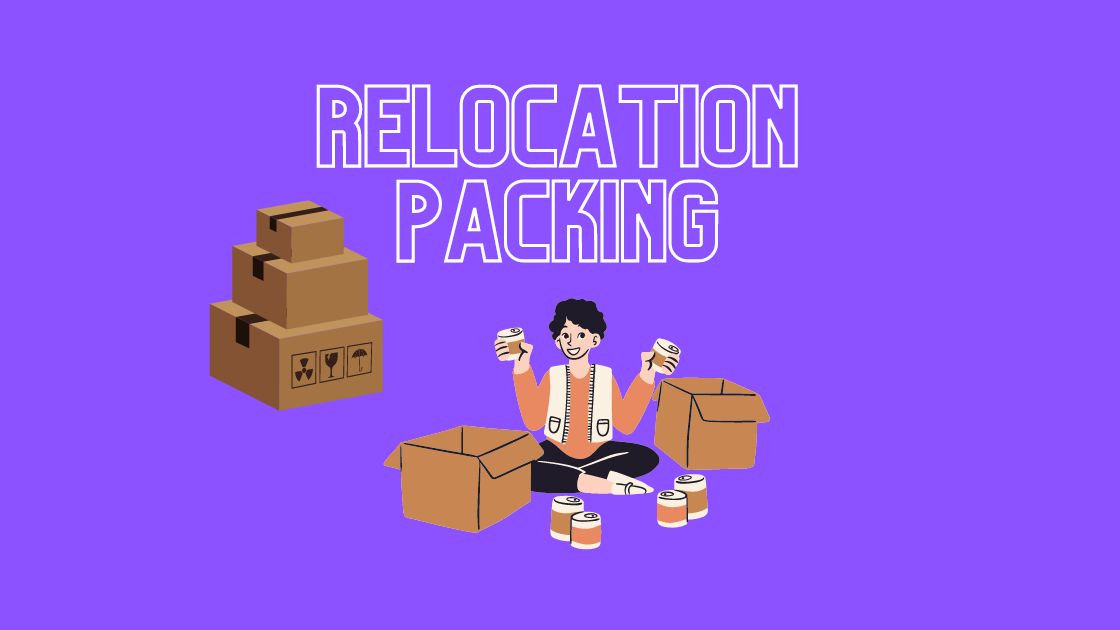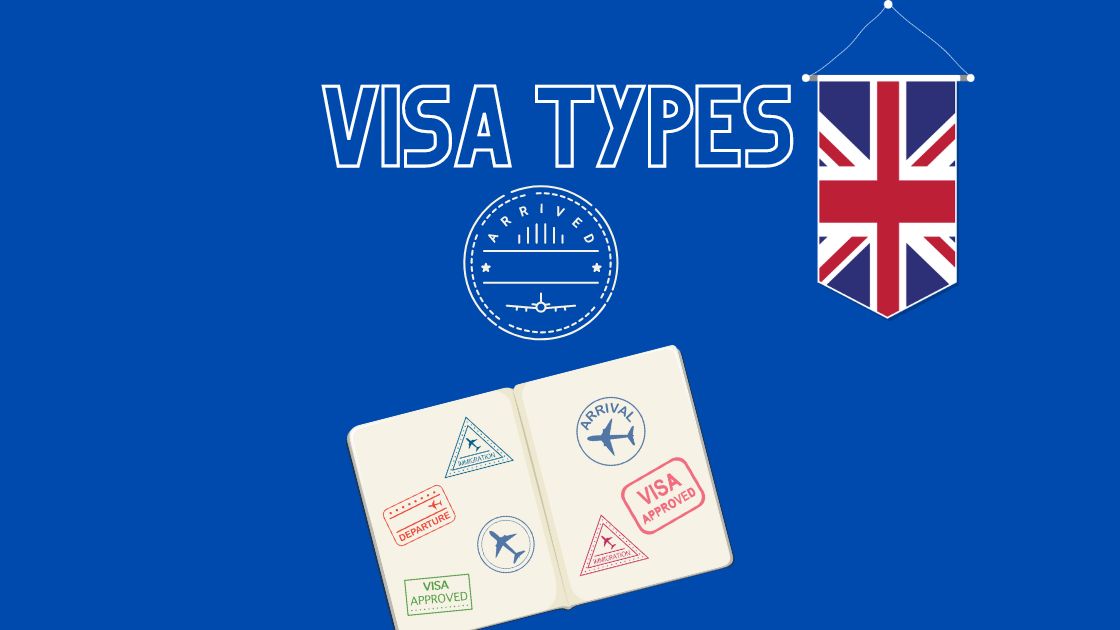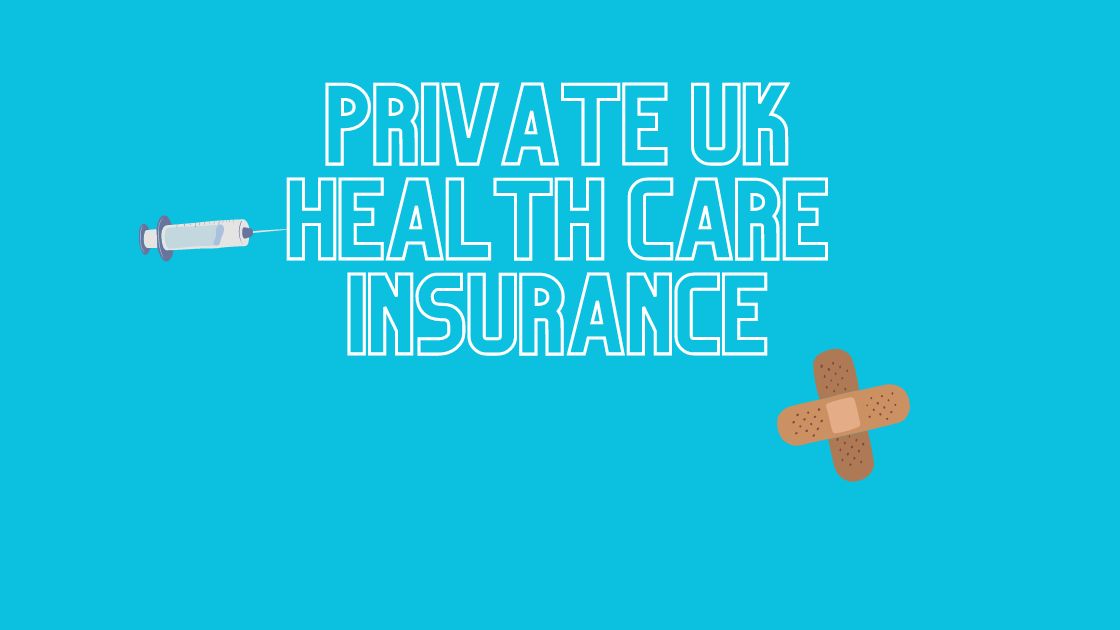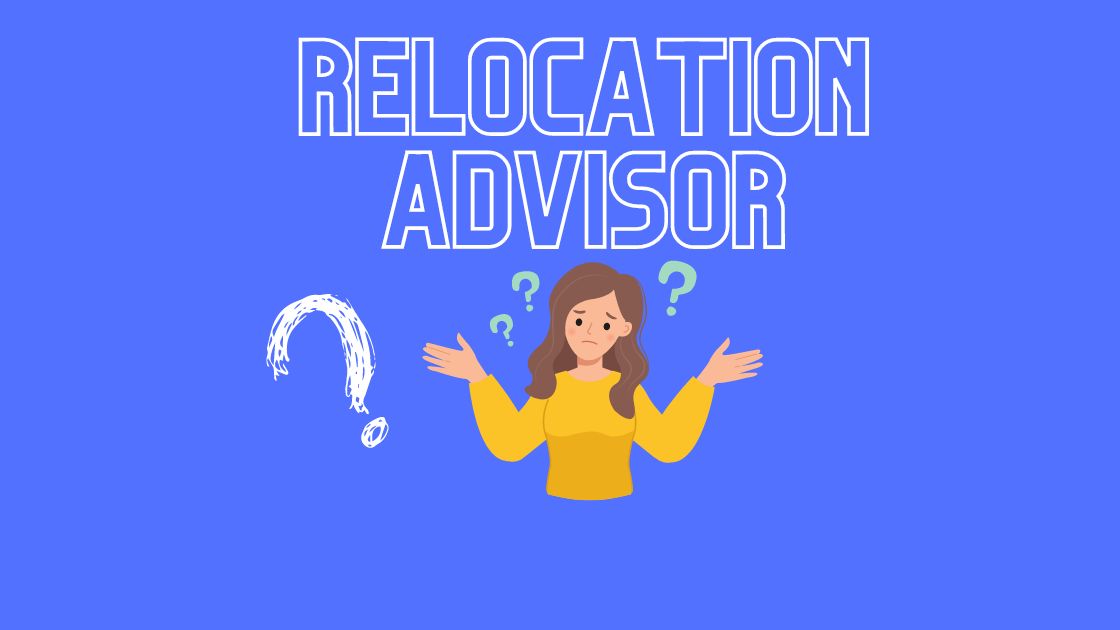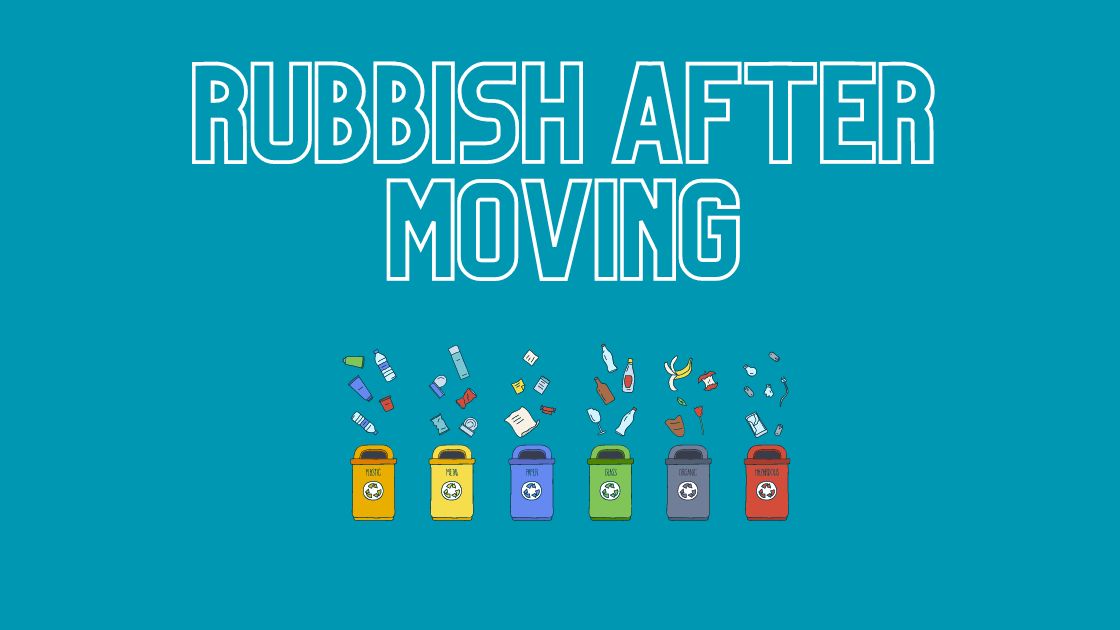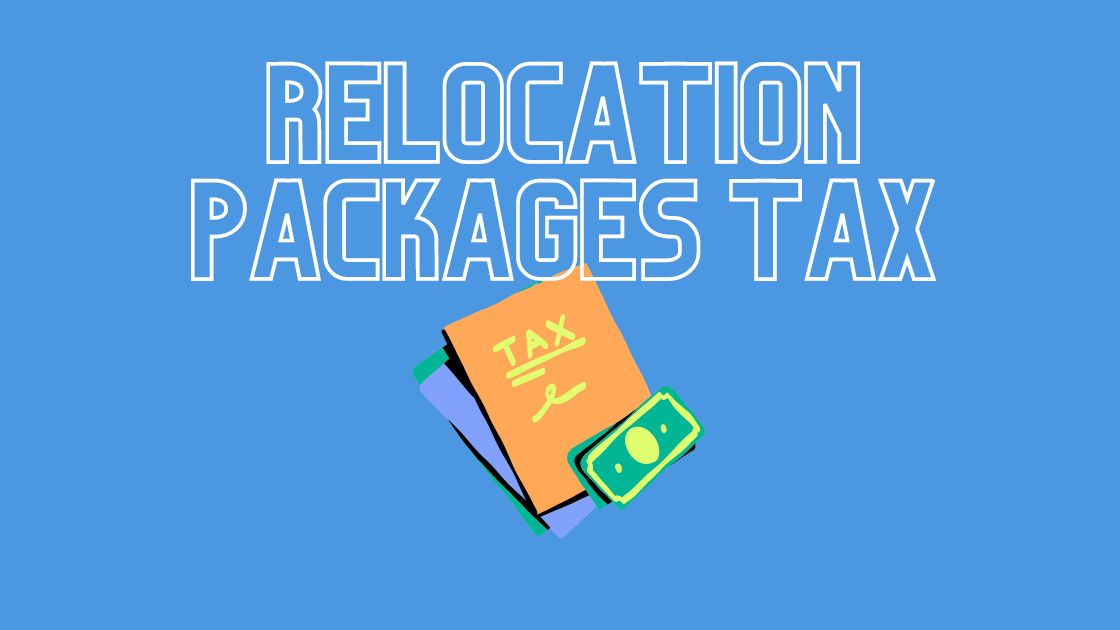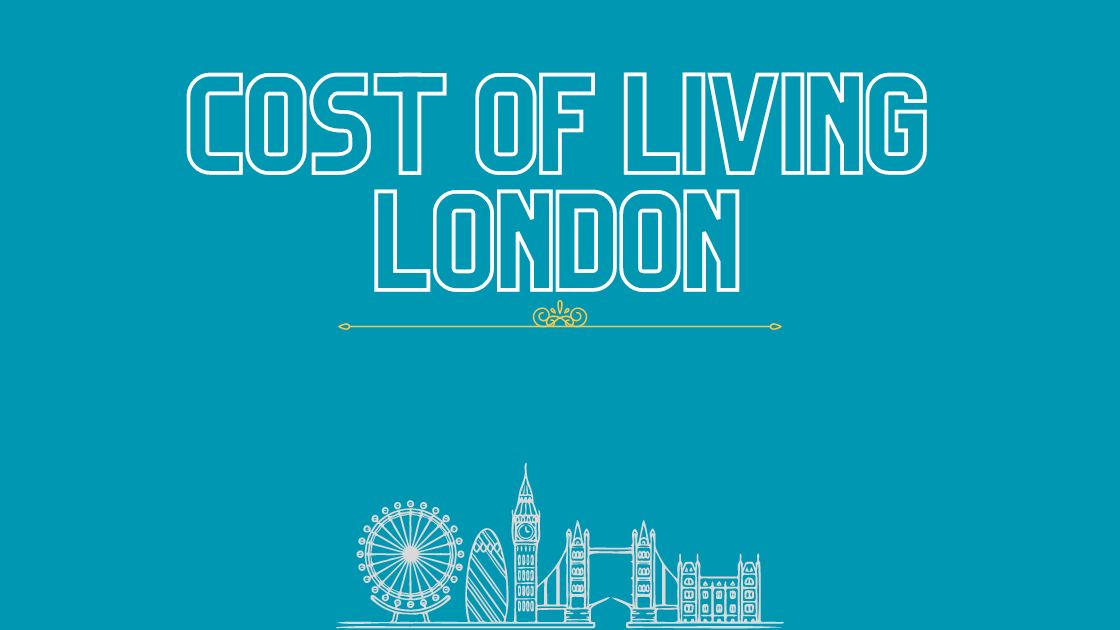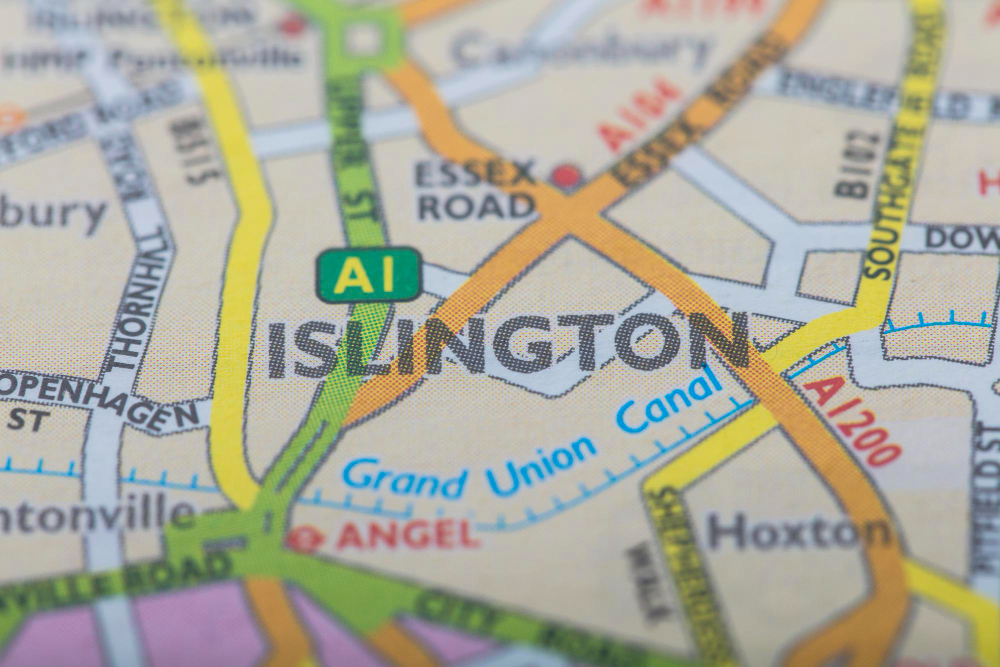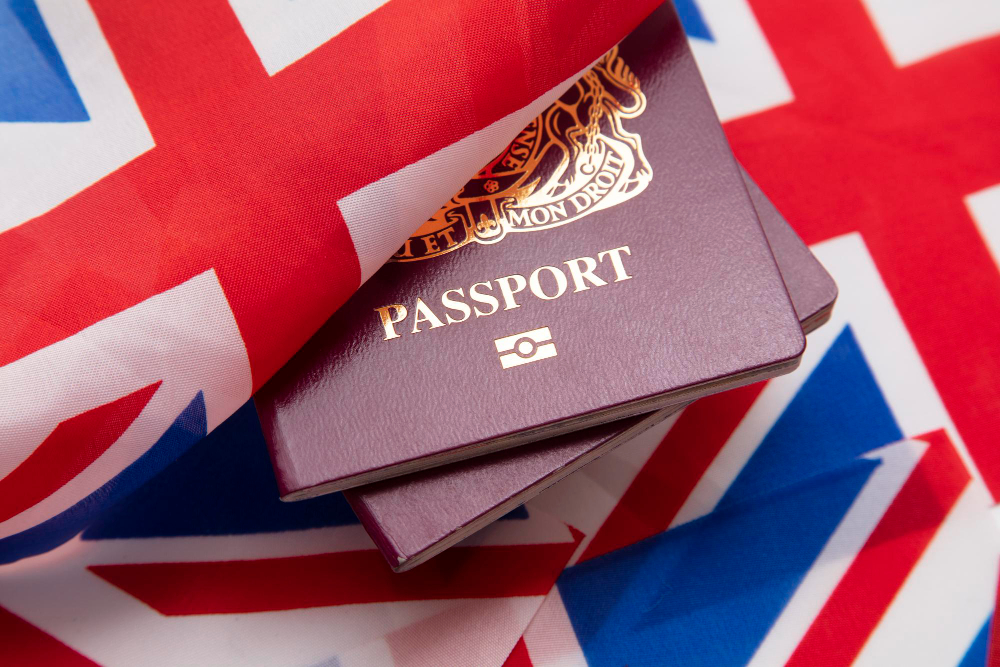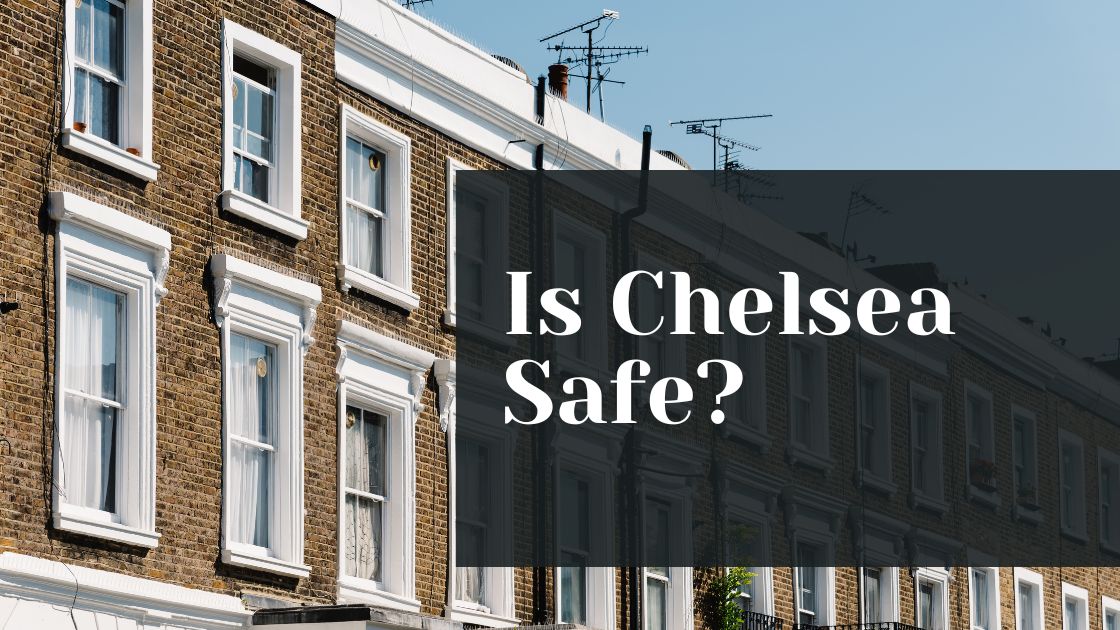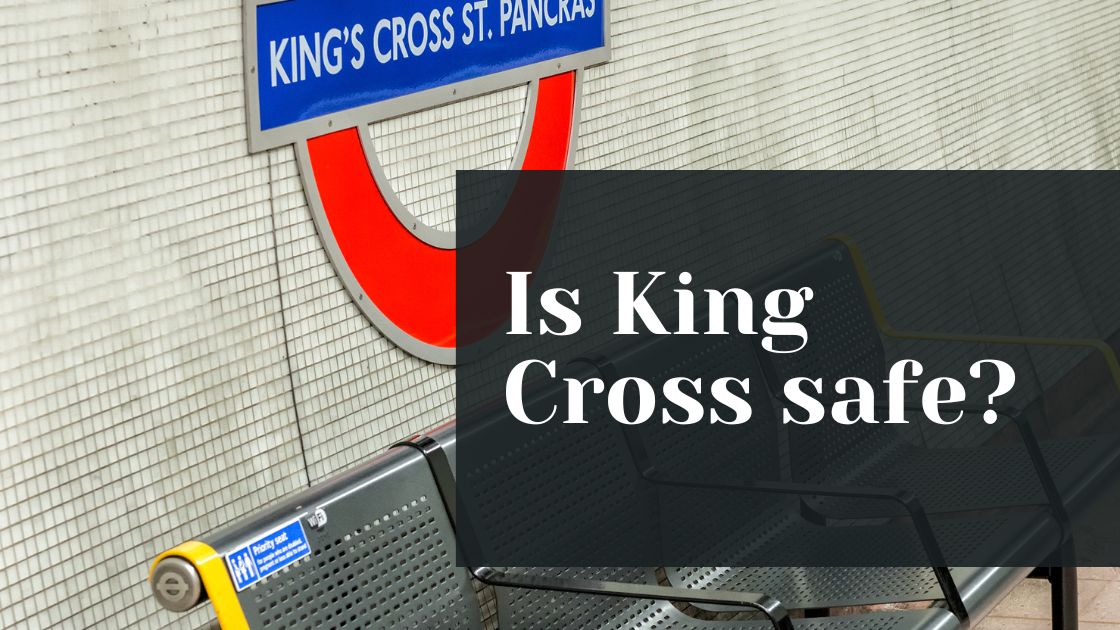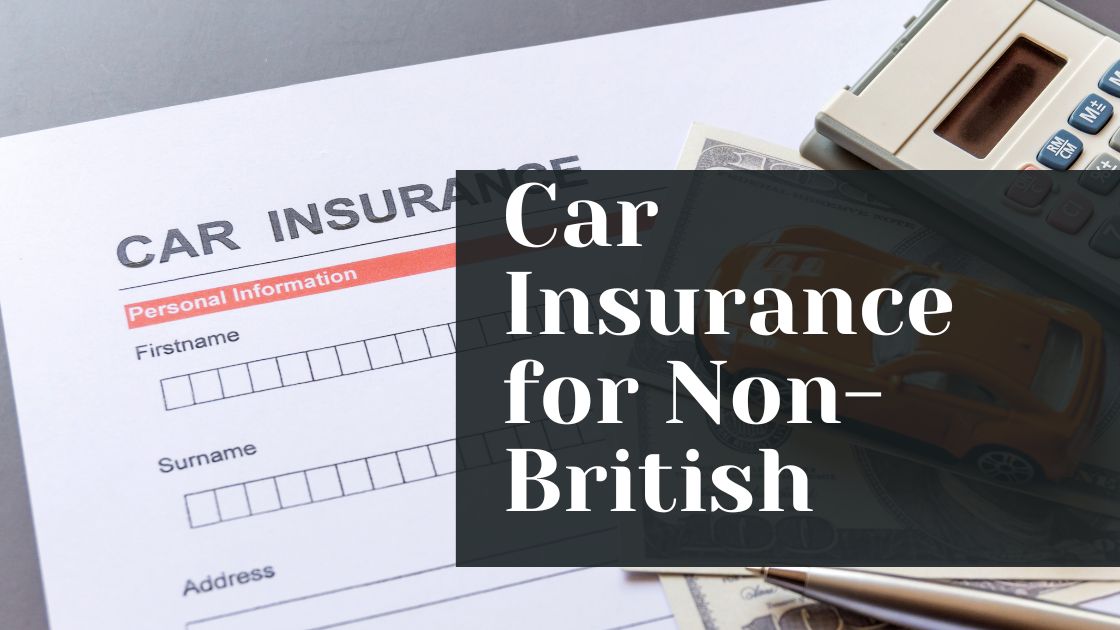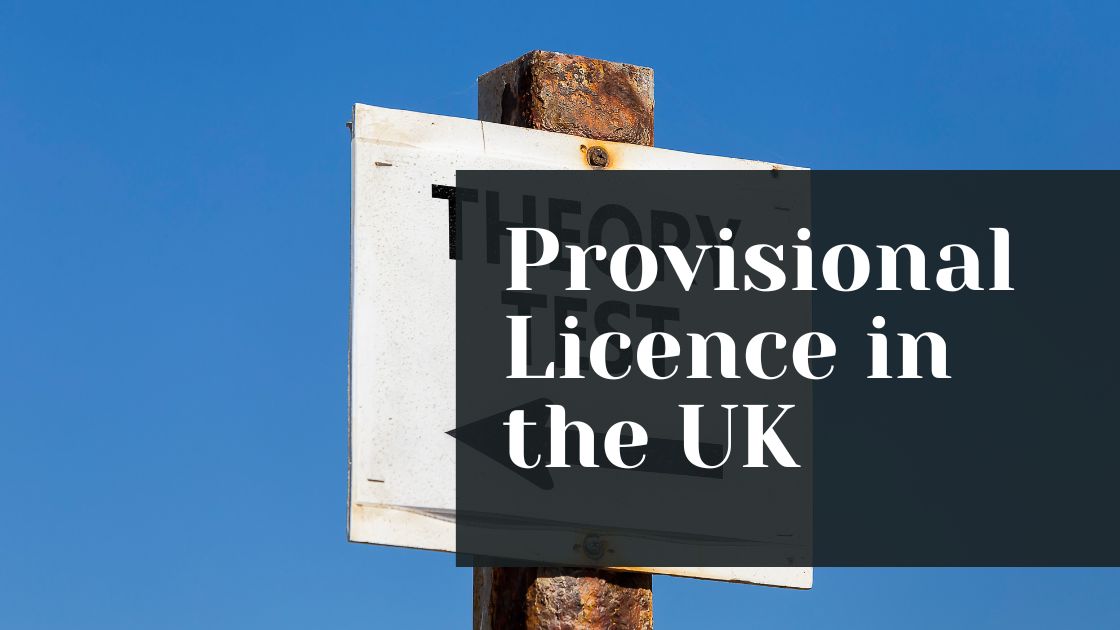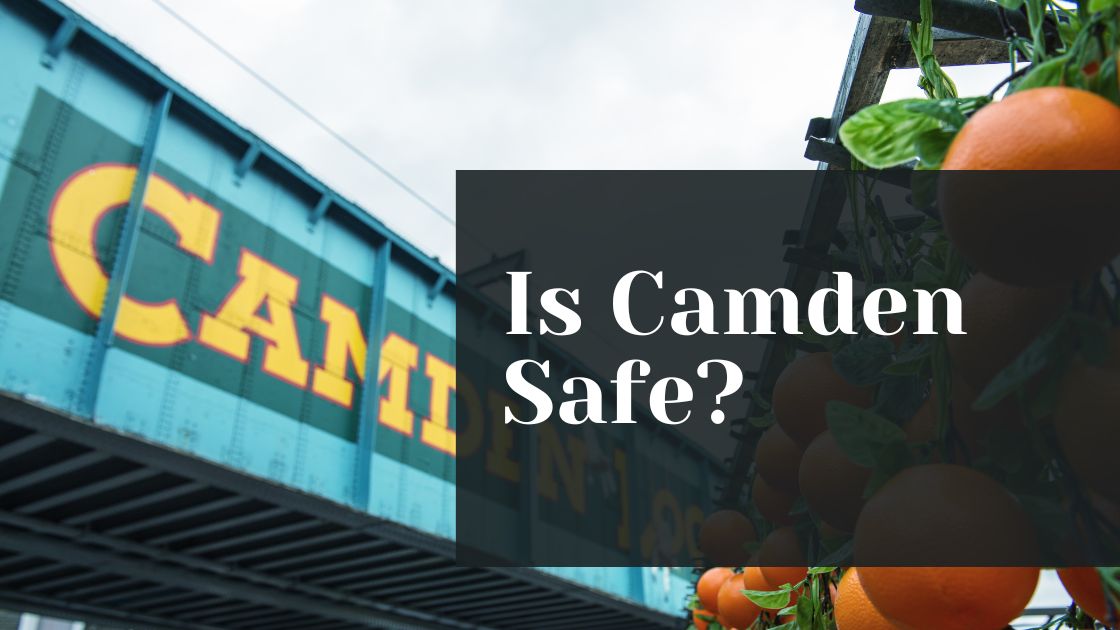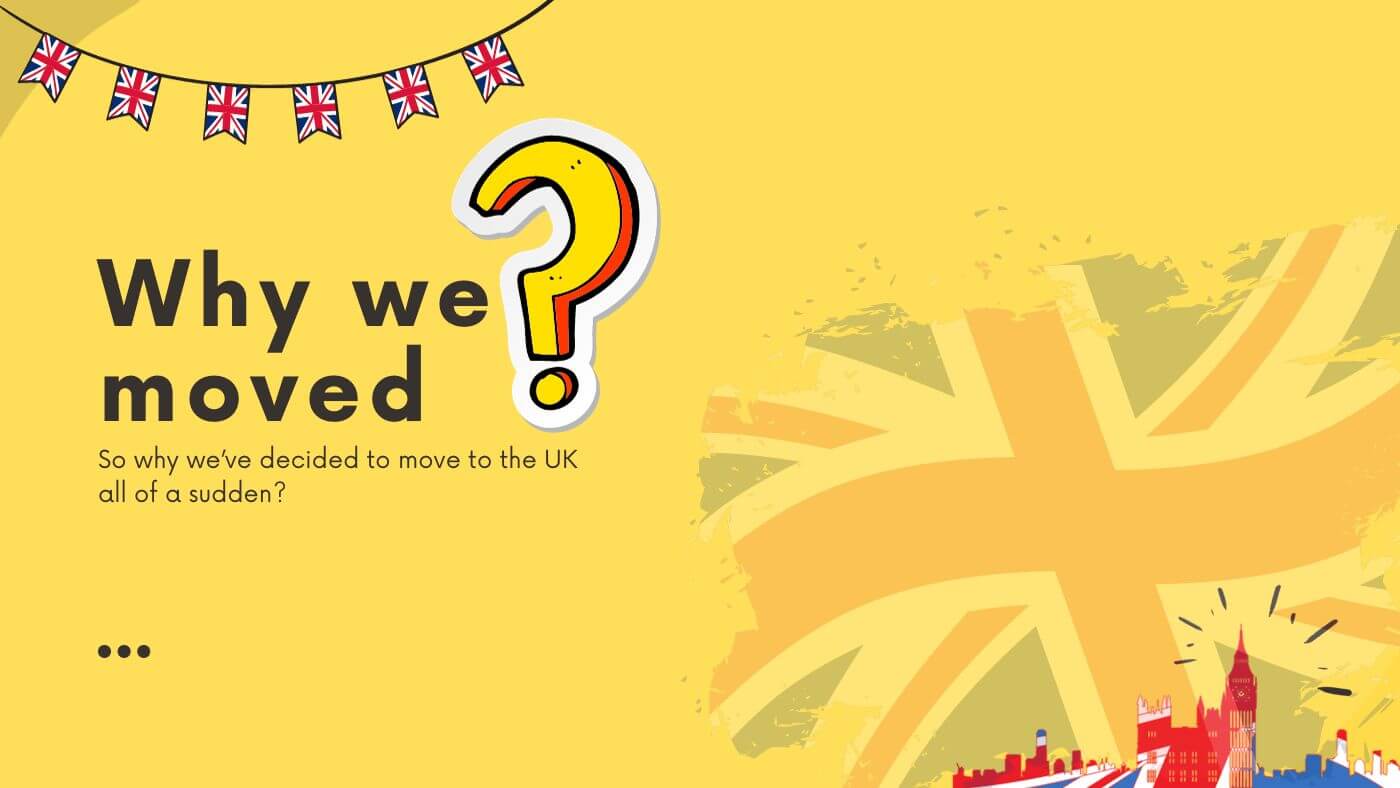This guide is for all adventurous families who’ve just leaped across the pond to the UK. As a mum who’s navigated such a transition myself, I know too well that getting to grips with the local roadways is as crucial as it’s daunting.
Picture this: Your first time behind the wheel in a new country, you’re on high alert, with roundabouts seemingly at every turn and cars whizzing on what your instincts are screaming is the ‘wrong’ side of the road! It’s a bit like learning to dance, a complicated routine, but with the car as your dance partner. It takes some getting used to.
But fear not, because that’s exactly why I’m here – to steer you right with a down-to-earth run-through of driving in the UK. From navigating those pesky roundabouts to understanding the myriad road signs, I’ll arm you with the know-how to confidently hit the roads. So buckle up, and let’s get ready to tackle the British tarmac together!
I got to say that for me- driving in the UK, was a real challenge. I literally cried and I had a huge fear in driving on the opposite side. I still avoid with driving on some roads or certain places. That’s perfectly normal. Give yourself some time to adjust.
Getting Acquainted with UK Driving Laws
Let’s chat about what you need to know to drive confidently on British roads. Right off the bat, you’ll notice that cars here keep to the left, which can be a tad disorienting if you’re coming from one of the 163 countries where driving on the right is the norm. It’s important to take it slow at first; perhaps practise in quieter areas to build up your confidence.
When it comes to age and legal nitty-gritty, you must be at least 17 to drive a car in the UK. But before you even think about getting behind the wheel, you need a provisional licence. It’s your ticket to start learning and yes, that includes passing a theory test before you can graduate to the practical exam.
Now, onto the bits of paperwork that keep you legit on the road. First, there’s your driving licence, which you’ll get once you’ve proven you can handle a car safely through both written and practical tests. It can be a bit of a process with lessons and practice, but it’s all about keeping everyone safe.
You’ll also need to sort out car insurance, which is non-negotiable, and ensure the vehicle is registered in your name. Lastly, don’t forget the MOT (Ministry of Transport test), which is an annual check-up for your car to make sure it meets safety and environmental standards.
Right, let’s talk about our precious cargo – our kids. Child safety laws in the UK are pretty stringent, and for good reason. Car seats are a must for children up to 12 years old or 135cm in height, whichever comes first. When choosing the right car seat, it’s all about making sure it’s appropriate for your child’s weight and height. Plus, it has to be correctly installed. Most shops will help with this, so don’t hesitate to ask for a demo.
Choosing the Right Family Vehicle
Choosing the right family vehicle in the UK involves a blend of practicality, safety, and budget considerations. As a mum myself, I understand the juggle between needing enough space to accommodate the endless stream of sports bags and school projects while also keeping an eye on the safety features that give you that extra peace of mind.
It’s not just about the number of seats in the car; it’s about how those seats can adapt to carry your precious cargo, from booster seats to the family dog. The UK’s roads and weather can be unpredictable, so stability control, ABS, and good crash-test ratings should be high on your checklist.
Another factor that’s becoming increasingly hard to ignore is fuel economy. With fuel prices fluctuating the way they are, a car that sips rather than guzzles petrol can make a big difference to your family’s monthly outgoings. It’s worth looking at the miles per gallon (MPG) figures, but remember that real-world driving is often less efficient than the manufacturer’s claims.
Rental vs. Owning
When it comes to renting versus owning a family vehicle in the UK, it’s not a one-size-fits-all answer. Renting can be a great option if you’re not ready to commit to a purchase straight away. It allows for flexibility, especially if you still get a feel for what works best for your family.
You can try out different models and sizes without having to worry about maintenance costs or depreciation. However, rental costs can add up over time, and you don’t benefit from owning the asset.
Buying a car, on the other hand, means it’s yours to use as you please. You can clock as many miles as you need and make it feel like a second home with personal touches. The downside? It’s a significant upfront cost, and cars depreciate quickly. You’ll also be responsible for maintenance and repairs, which can be unpredictable and costly.
Some of the best places to buy a used in a very good condition:
- Car Giant
- Eli motors , London
- Car Craft
Electric and Hybrid Options
Now, let’s talk about electric and hybrid vehicles because they’re a game-changer, especially if you’re conscious of your family’s carbon footprint. The UK is ramping up its charging infrastructure with over 50,000 electric car charging stations, making switching to electric more feasible than ever. The environmental benefits are clear: fewer emissions and a cleaner future for our kids.
Hybrids can be a great middle-ground, offering better fuel economy and reduced emissions without the need for frequent charging. For families, practicality remains paramount, so check boot space and interior flexibility. Electric and hybrid vehicles often come with premium price tags, but government grants and incentives could make them more accessible. Plus, running costs are generally lower, which could balance out the initial investment over time.
What is ULEZ?
ULEZ stands for “Ultra Low Emission Zone.” It is an area within London where vehicles that do not meet certain emissions standards must pay a daily charge to drive. This initiative, introduced and managed by Transport for London (TfL), aims to improve air quality by reducing the number of polluting vehicles in the city.
Here are the key points about the ULEZ:
- Location and Expansion: The ULEZ initially covered the same area as the London Congestion Charge zone but has since expanded significantly. It now covers a larger area within London’s North and South Circular roads.
- Charges: Vehicles that do not meet the required emissions standards must pay a daily charge to drive within the zone. The charges vary based on the type of vehicle and its emissions. As of my last update in April 2023, the charge for most non-compliant vehicles is £12.50 per day.
- Emission Standards: The ULEZ standards are Euro 4 for petrol cars and Euro 6 for diesel cars. Larger vehicles like lorries and buses have different standards. Vehicles that meet these standards are exempt from the ULEZ charge.
- Operating Hours: The ULEZ operates 24 hours a day, 7 days a week, except for Christmas Day.
- Objective: The main goal of the ULEZ is to reduce air pollution in London, particularly nitrogen dioxide and particulate matter, which are harmful to human health.
- Impact: Since its introduction, the ULEZ has led to reductions in vehicle emissions and improvements in air quality in central London. It’s part of a broader strategy to create a healthier, more sustainable city.
- Future Plans: TfL has plans to periodically review and potentially expand the ULEZ or introduce stricter emissions standards to further improve air quality.
Drivers in London need to be aware of these regulations, as driving a non-compliant vehicle in the ULEZ without paying the daily charge can result in a significant penalty. TfL offers a vehicle checker on their website to help drivers determine if their vehicle meets the ULEZ standards.
Essential Tips for Safe and Smooth Journeys
Embarking on a journey through the UK, especially with your little ones in tow, can be an adventure that’s both exhilarating and a bit daunting. As a mother who’s navigated these roads numerous times, I’ve gathered a few pearls of wisdom that I hope will make your travels as seamless as possible.
- Planning Your Route: Knowing where you’re headed and the stops along the way is crucial. Before you set off, use GPS technology to plot your course, but keep a good old-fashioned road map handy. Electronics can falter, but a physical map is a trusty fallback. Plus, it’s a great educational tool for the kids.
- Identify Rest Stops: Find resting places before starting your journey, and look for stops with clean facilities and play areas where the kids can stretch their legs. These breaks are vital for everyone’s sanity and safety – they prevent driver fatigue and give the children a chance to burn off some energy.
- Entertainment and Comfort: A bored child can make a car journey feel endless. So, your game plan should include an arsenal of activities. Think audiobooks, portable games, and, if you’re okay with screen time, tablets loaded with their favourite shows or movies (don’t forget the headphones!). You can also encourage window-gazing and spotting games to engage with the surroundings.
- Packing Essentials: You’ll need a well-stocked bag within arm’s reach – snacks, water bottles, wet wipes, extra layers for unpredictable British weather, and a first aid kit for any little mishaps. And for those emergency bathroom requests, keep a portable potty in the car; it’s a lifesaver when the next rest stop feels like a world away.
Navigating City Driving vs. Countryside Driving
Depending on your location, driving in the UK can be quite a different experience. If you’re moving here with your family, you’ll want to get to grips with both bustling city streets and the more tranquil countryside roads.
In cities, it’s essential to have patience. Congestion is a part of everyday life, especially during rush hours. For example, London was the most congested city in the UK, with computers spending an average of 69 hours in traffic.
You also need to keep an eye out for cyclists and pedestrians, as they’re often in closer quarters in urban areas. And remember, finding parking can be a bit like finding a golden ticket – rare and occasionally pricey. So, it’s worth researching parking facilities and their costs in advance.
When it comes to rural driving, you’ll need to be ready for narrower lanes, hidden bends, and the occasional herd of sheep! Rural roads can sometimes be poorly lit and not as well-maintained as city streets, so stay alert. And if you’re exploring more remote areas, make sure your car is stocked with essentials in case you get lost or have a breakdown.
Parking and Congestion Charges
City parking systems in the UK can be complex, with various rules for different zones and times of day. Always check signage for restrictions to avoid fines. Many cities now operate a ‘pay by phone’ service, which is super convenient once you’re registered.
Congestion charges can catch you off guard if you’re not prepared. These are fees for driving in certain areas during peak times to reduce traffic. London, for example, has a well-known Congestion Charge zone. You can pay this online, and it’s best to do so in advance to avoid any penalties.
Dealing with Weather and Terrain
Weather in the UK is notorious for its unpredictability, so always keep an eye on the forecast. Rain can make country roads particularly hazardous, so drive more slowly and increase your stopping distance.
In winter, ensure your vehicle is equipped with a de-icer and has good tread on the tires for those icy mornings. When driving through hilly areas or uneven terrain, your car needs to be in good shape – brakes and suspension are key, so regular maintenance checks are your friend here.
Handling Emergencies and Breakdowns
When you’re uprooting your family for a fresh start in the UK, the last thing you want is the stress of not knowing what to do if things go a bit pear-shaped on the roads. Let’s face it: with kids in the backseat and our unpredictable weather, it’s best to be prepped for any mishap.
If you ever find yourself in a fender bender or with a car that’s just given up the ghost, first things first, keep calm and ensure everyone’s safe. If you’re on a motorway or a busy road, make sure to get your family away from traffic. Pop your hazard lights on to alert other drivers, and if it’s night-time or visibility is poor, don’t forget to use your warning triangle if it’s safe to do so.
You must also have solid car insurance – it’s not just a legal must-have, but a lifeline when you’re in a jam. Make sure your policy includes breakdown cover. When you’re stranded, give your roadside assistance a ring. They’re usually pretty quick, but with kids, it feels like an eternity, so keep a bag of tricks or snacks to hand for distraction.
You must always carry a well-stocked emergency kit in the car to help you out in any situation. A good kit should include:
- First aid kit
- High-visibility jacket and warning triangle
- Tool kit and spare tire
- Jump start cables
- Torch and spare batteries
- Ice scraper and de-icer
- Warm clothes and blankets of your choice
- Extra mobile phone charger and power bank
The Financial Aspect of Driving in the UK
First off, there’s car tax, which varies depending on your vehicle’s emissions – the greener, the cheaper. Then there’s insurance, and with kids in tow, you’ll want a policy that covers all eventualities without breaking the bank. Don’t forget fuel costs, which can fluctuate but always seem on the up.
When it comes to budgeting, it’s about striking a balance. As a family, consider how often you really need to drive. Can some trips be replaced with a walk or cycle? It’s healthier for you and your wallet!
Now, let’s talk about savvy savings on transportation. Have you thought about car sharing for the daily school run or joining a lift club to work? It’s a great way to split costs and socialise.
Final Thoughts
Mates, remember to keep left, be mindful of the weather, and don’t forget those child seats for the little ones. Mastering the roundabouts and understanding the signage might seem daunting at first, but you’ll soon be zipping around like a local.
Embrace the adventure of UK roads – before you know it, you’ll be offering advice to the newbies! So, how’s the driving going for you and your family? Drop your stories and nuggets of wisdom in the comments.


